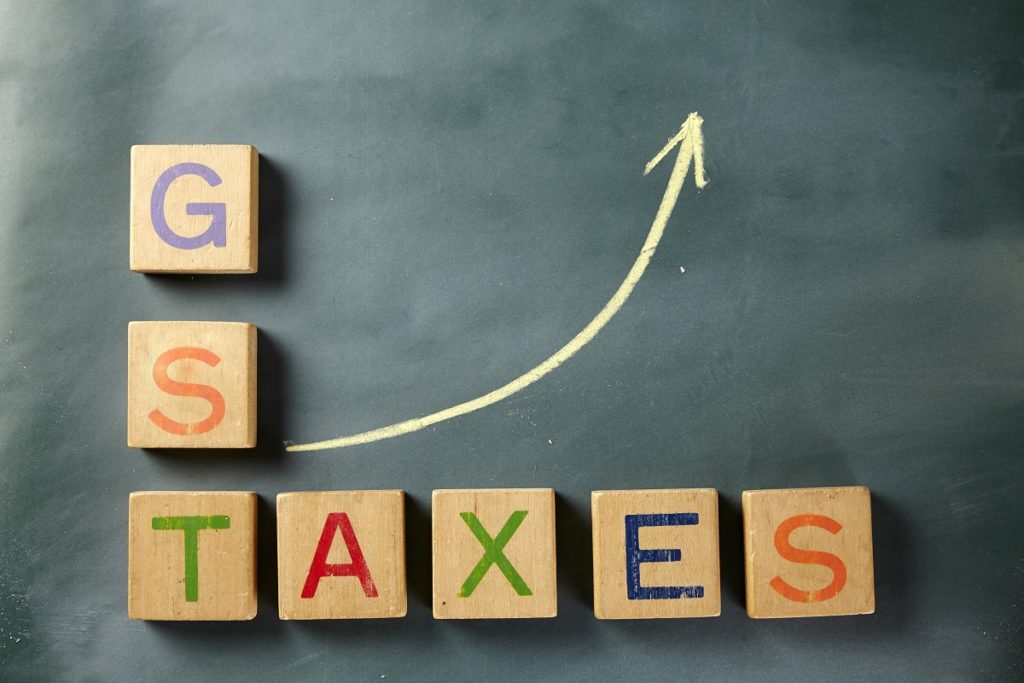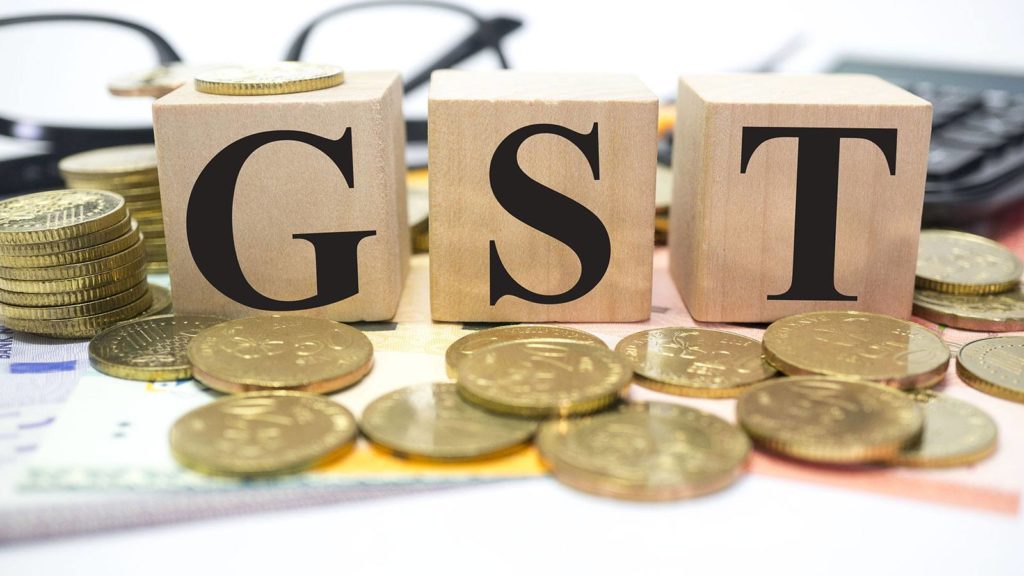NO SERVICE TAX ON ‘REIMBURSABLE EXPENDITURE’ PRIOR TO MAY 2015: SUPREME COURT AFFIRMS THE DELHI HIGH COURT DICTUM UNION OF INDIA & ANR VS. M/S INTERCONTINENTAL CONSULTANTS AND TECHNOCRAFTS PVT. LTD. CIVIL APPEAL NO. 2013 OF 2014 COURT: Supreme Court RATIO DECIDENDI: The gross amount charged for the purposes of Service Tax shall not include […]
Author Archives: admin
SUMMARISED AND SIMPLIFIED INTERPRETATION OF REAL ESTATE ( REGULATION AND DEVELOPMENT ) ACT, 2016 INTRODUCTION Indian Economy in past couple of years has shown a tremendous change, from Demonetization to the famous Goods and Services Tax. The Indian government has been bringing up new standards in every filed. One of such change is the Real […]
Small scale industries which are also called as MSMEs (Micro, Small and Medium Enterprises) are defined, categorized and dealt by the Micro, Small & Medium Enterprises Development Act, 2006. This particular act categorizes different scale of industries on the basis of investment in plant & machinery in case of manufacturing industries and on the basis […]
Goods and Service Tax was rolled out nationwide on 1st July 2017, marking a revolutionary change in the Indian taxation system to create one unified common market. The GST is a Value added Tax (VAT) proposed to be a comprehensive indirect tax levy on manufacture, sale, and consumption of goods as well as services at […]
A waybill is a document issued by a carrier giving details and instructions relating to the shipment of a consignment of goods. Typically it will show the names of the consignor and consignee, the point of origin of the consignment, its destination, and route. Most freight forwarders and trucking companies use an in-house waybill called a house bill. These typically contain “conditions of the contract of carriage” […]
Introduction The Goods and Service Tax (GST) is a very complex tax system, which simplifies the huge tax structure in India by supporting and enhancing the growth of Economic development of the country. GST is a comprehensive subject which levies the tax on various sectors of the economy such as manufacturing, sale, and consumption of […]
—–Arun Sharma[1] Ambit of Section 12 of the Arbitration and Conciliation Act, 1996 cannot be enlarged to inculcate unrealistic standards of independence and impartiality COURT: Supreme Court CASE: Voestalpine Schienen GmbH vs. Delhi Metro Rail Corporation Ltd. CRUX OF THE DECISION: The present petition has been filed before the Supreme Court of India. The court […]
Arun Sharma[1] Ruled: The system of two-tier arbitration mutually agreed by the parties is permissible under the laws in India. Negated: Respondent stand that such mechanism is against the public policy of India & is not allowed under Arbitration & Conciliation Act, 1996. COURT: Supreme Court of India CASE: Centrotrade Minerals and Metal Inc. […]







